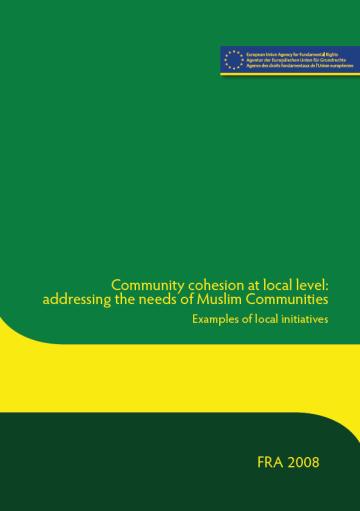Член 4 от Протокол № 7 към ЕКПЧ гласи:
„1. Никой не може да бъде съден или наказан от съда на една и съща държава за престъпление, за което вече е бил оправдан или окончателно осъден съгласно закона и наказателната процедура на тази държава.
2. Разпоредбите на предходната точка не представляват пречка за възобновяването на процеса съгласно закона и наказателната процедура на съответната държава, ако има свидетелства за нови факти или новооткрити обстоятелства или за съществен порок на предидущия процес, които са повлияли на неговия изход.
3. Не се допуска освобождаване от изпълнението на задълженията по този Протокол на основание член 15 от Конвенцията.“
Правилото „non bis in idem“ се прилага в правото на Съюза (вж., сред една богата съдебна практика, решението на Съда от 5 май 1966 г. по съединени дела 18/65 и 35/65, Gutmann с/у Комисията, ССП 1966, стр. 150, както и, по едно скорошно дело, решението на Първоинстанционния съд от 20 април 1999 г. по съединени дела T-305/94 и др., Limburgse Vinyl Maatschappij NV и др. с/у Комисията, ССП 1999, стр. II-931). Уточнява се, че правилото, забраняващо кумулацията се отнася до кумулирането на две санкции с еднакъв характер, т.е. две наказателни санкции.
Съгласно член 50, правилото „non bis in idem“ се прилага не само в рамките на юрисдикцията на една държава, но и между юрисдикциите на няколко държави-членки. Това съответства на достиженията на правото на Съюза; виж членове 54—58 от Конвенцията за прилагане на Споразумението от Шенген и решението на Съда от 11 февруари 2003 г. по Дело C-187/01 Gözütok (ССП 2003, стр. I-1345), член 7 от Конвенцията за защита на финансовите интереси на Европейските общности, както и член 10 от Конвенцията за борба с корупцията. Много редките изключения, чрез които тези конвенции позволяват на държавите- членки да дерогират правилото „non bis in idem“ са обхванати от хоризонталната клауза по член 52, параграф 1 относно ограниченията. Що се отнася до ситуациите, посочени в член 4 от Протокол № 7, а именно прилагането на принципа на територията на една и съща държава-членка, гарантираното право има същото съдържание и обхват, както съответстващото правило от ЕКПЧ.

